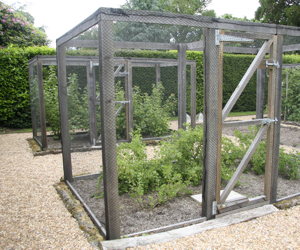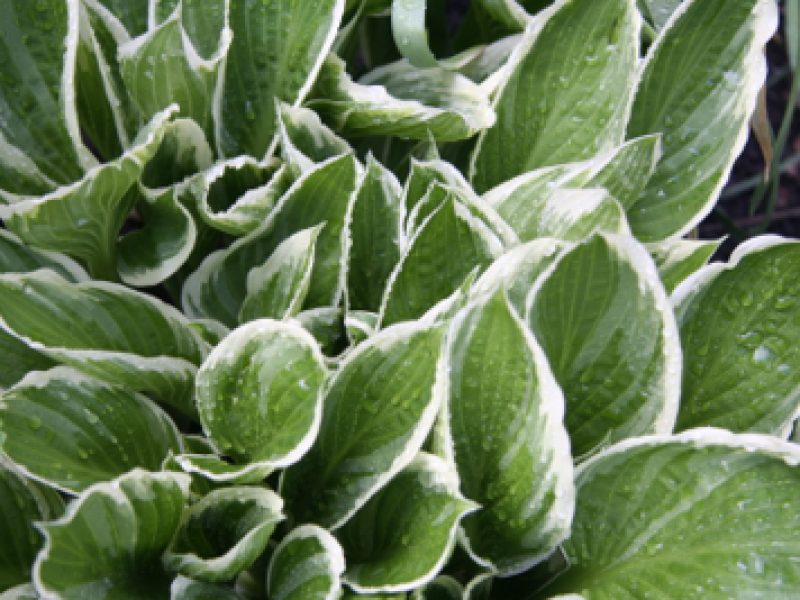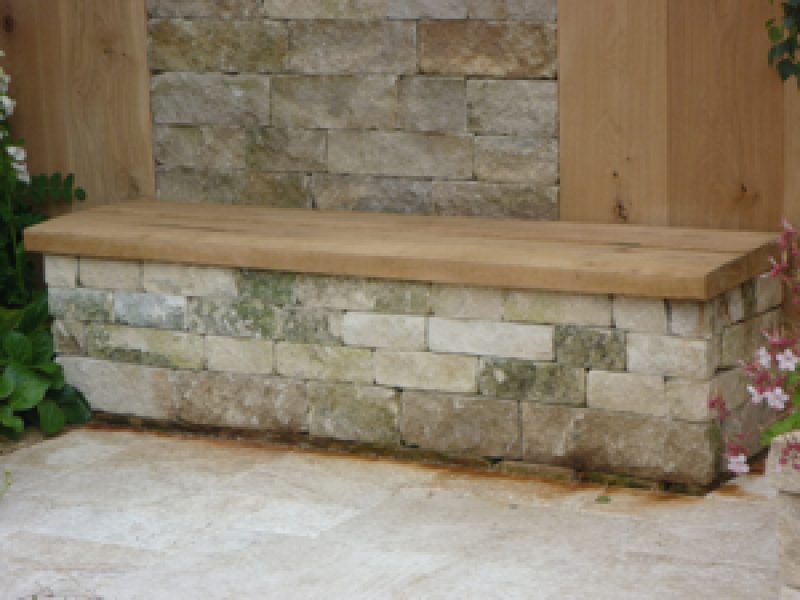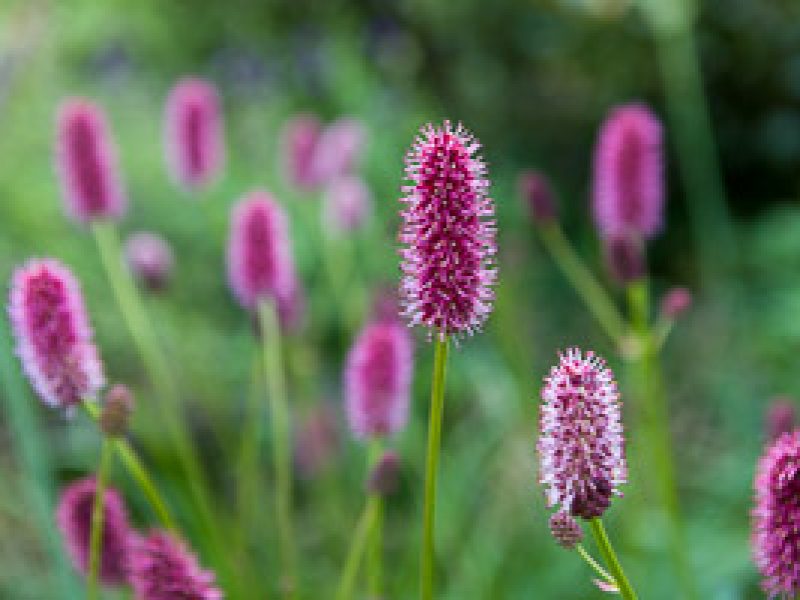Aaah, aren’t deer cute?! Well not if they’re munching your prize roses they’re not! I have to admit that my heart sinks a little when new clients tell me they have deer in their garden. Lovely to look at they may be, but from a garden designer’s perspective deer are a real nuisance. Visions of elaborate planting schemes and attractive kitchen gardens are dashed the minute anyone mentions deer (especially as where there are deer, there are usually rabbits too).
Trawling the internet you find all sorts of weird and wonderful ideas for keeping deer away from your plants. They range from hanging such delightful things as human hair and moth balls to ammonia-soaked rags around your garden. Not exactly the designer look most people I know are looking for!! You can find recipes for a range of mixtures to spray on your plants that (allegedly) keep deer from eating them. But unless you have a lot of time on your hands (and according to a lot of what I read recently, a large quantity of eggs!), that’s not really a practical solution – at least not on a large scale. And if you live in the UK with rain never far away, there’s probably not a lot of point spraying anything as it will get washed away within hours!
You could always try motion-sensitive irrigation so that every time a deer walks past they get blasted with a spray of cold water, but that’s not very practical (or economical) on a large scale.
We had deer for the first time this year on my allotment. Looking round at everyone’s runner beans you could see a line below which the deer had munched everything in reach, leaving a small clump of beans and foliage right at the top of the bamboo tripods. People resorted to hanging CDs and children’s windmills and pretty much anything else they could get their hands on, but it didn’t do much good.
The only sure-fire way to stop deer decimating your planting is to fence in your garden. And that means erecting an 8’ high fence to keep the little blighters at bay. Anything lower than that may not be enough for such agile creatures – unless your fence is raised on a bank or the top of a wall giving you extra height to start with. Fences needn’t be too obtrusive if you go for wire fencing attached to timber posts though deer fencing a large property can be prohibitively expensive, so the alternative would be to fence off areas within it where you want to grow fruit & veg. or plants that are particularly palatable to deer.

This summer on a visit to a private garden I saw a rose garden sitting in splendid isolation in the middle of a large lawn with electric fencing all around it. It looked terrible! But I guess the owner of the garden was so determined to grow roses, he didn’t care.
Personally if that was my only option I’d do without roses and find something else to grow. And there are a number of plants that are supposedly ‘deer-proof’ (or at least ‘deer-resistant’) although any list you read generally comes with the caveat that the deer haven’t necessarily read the same list, and if they are hungry chances are they’ll have a go at anything. What might get eaten in one garden might get left alone in another. Fickle creatures, deer!
The lists are too long to include here, but plants with scented foliage are generally unpalatable to deer, so you will be safe with Mediterranean plants such as Lavender, Rosemary, Cistus, Bay, Nepeta (catmint), Sages, Euphorbia etc….
Shrub-wise they tend not to go for Choisya ternata (which has very pungent leaves), Rhododendron, Box, Hydrangea, deciduous Viburnum and Weigela to name a few. And thorny plants are often a good bet – so include evergreen Berberis, Chaenomeles, Mahonia, wild roses (Rosa rugosa and Rosa spinosissima), plus also globe thistles (Echinops).
So if you can’t fence off your planting, by restricting your palette to so-called ‘deer-resistant’ plants at least you won’t have to resort to stringing your garden with moth balls and CDs. That’s certainly not a design look I’ll be promoting any time soon!
Picture credits: Deer by Adam Hickmott/FreeDigitalPhotos.net. Plants by www.firgrovephotographic.co.uk











